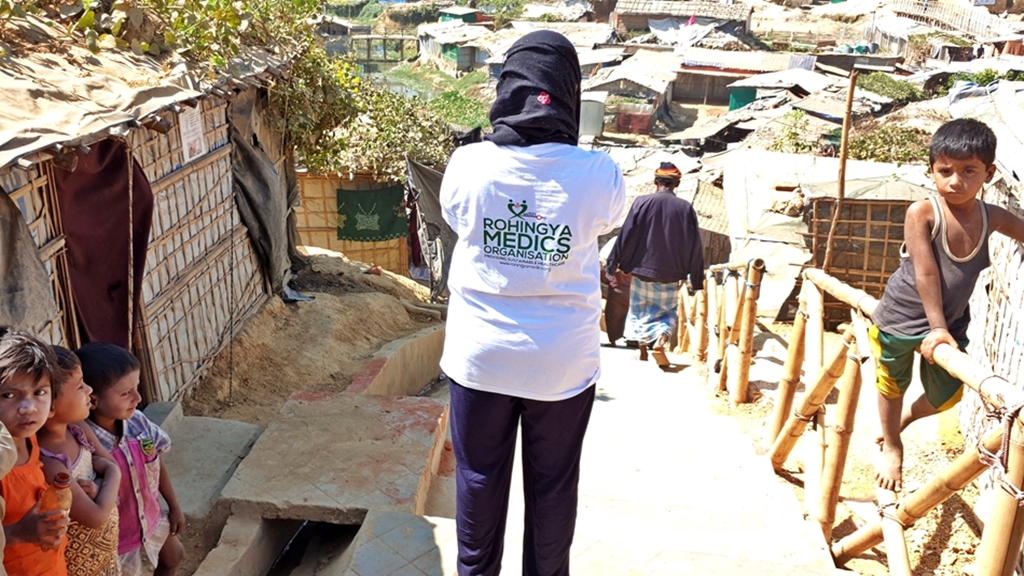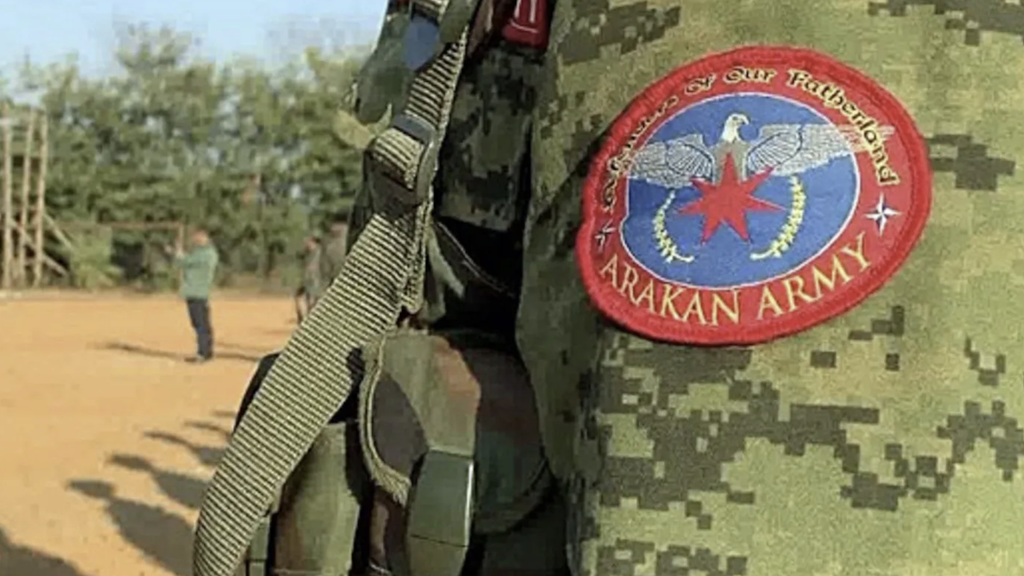
Rohingya Medics urge Bangladesh to ease Internet Access for ‘Vital Information’ on COVID-19
- 23/03/2020
- 0
By The Rohingya Post
“At the moment, the internet is not a luxury rather an immediate necessity to make themselves aware of this fatal contagious disease”
Since World Health Organisation (WHO) declared the COVID-19 coronavirus as a pandemic on March 11 after it spreads from the original epicentre, Wuhan, China to every corner of the world threatening communities, healthcare systems and economics, communication becomes an essential tool in the dissemination of accurate information on COVID-19 and keeping connections with people and health workers in lockdown cities and countries.
Internet, today’s sole mean of communication, is accessible from poor to rich, young to elderly, free-citizens to refugees and displaced people.
However, a few states have placed restrictions or shut down access to the internet.
On September 9, 2019, Bangladesh’s Telecommunication Regulatory Commission effectively shut down the internet in Rohingya refugees camps located in Cox’s Bazar region.
Over a million Rohingya who fled “the ongoing genocide” in their home country Myanmar, are unable to access critical information readily available on the internet or communicate friends and families outside the camps.
Accessibility to accurate healthcare information in the pandemic becomes ever more important for the Rohingya refugees.
Rohingya Medics Organisation, a non-profitable non-political group founded by Rohingya doctors and healthcare workers from across the world, finds it difficult to reach the refugees in the camps in order to raise awareness on the COVID-19 virus.
“We are monitoring the outbreak of COVID-9. We are following the WHO website very closely. Unfortunately, we did not find any information in the Rohingya language.
“There is a lot of fear among Rohingya refugees in Cox’s Bazar, and also among the diaspora community. And that is where we have realised this is our duty to communicate and provide accurate information about the disease, the spread of the disease and how we can do as public to prevent the spread of the disease,” anxiously shared Dr. Anita Schug, a Rohingya Neurosurgeon and co-founder of Rohingya Medics Organisation, in a video message released on March 22.
Rohingya Medics frequently shares podcasts and critical information in the Rohingya language on its social platforms such as Facebook, Twitter and YouTube Channel.
“Unfortunately, this vital information at this time is not being spread due to the very limited access to the internet in [the refugee camps], Bangladesh. We find it really sad that many things can be done through the digital information, and our people are not having that access,” Dr. Anita expressed the difficulty in delivery of healthcare information without the internet access.
Many among the diaspora Rohingya show similar anxiety about the pandemic and their friends and families in Bangladesh’s refugee camps.
“Despite we are in lockdown in many European cities where the coronavirus spreads rapidly killing thousands, we are encouraged to stay home and communicate with doctors, colleagues and families through internet and telecommunication.
“However, we are unable to keep in touch with our families and friends in refugee camps as they have no access to the internet. It makes us extremely anxious considering the catastrophic effects that the virus has on elderly and people with pre-existing medical conditions,” said Mohammed Rafique from the Republic of Ireland where more than 900 confirmed cases of COVID-19 are reported.
Dr. Ambia Perveen, a Rohingya child and adolescence psychiatric and paediatrician from Rohingya Medics Organisation stressed, “At a crucial time like this as the entire planet battles the Novel Coronavirus, it is of extreme importance that all the Rohingya living in the refugee camps to have uninterrupted access to the internet. At the moment it’s not a luxury rather an immediate necessity to make themselves aware of this fatal contagious (infectious airborne) disease and the concerned medical authorities located outside the camps can reach to and teach the routine preventive hygienic measures to be practised in order not to have the viral infection.”
The Rohingya medics “humbly request the government of Bangladesh to provide immediate and uninterrupted internet access to those vulnerable people without any further delay”.
On Monday, Bangladesh declared a public holiday from March 24 to April 4 to prevent the spread of COVID-19 which has resulted in three deaths with 33 confirmed cases in the country.







